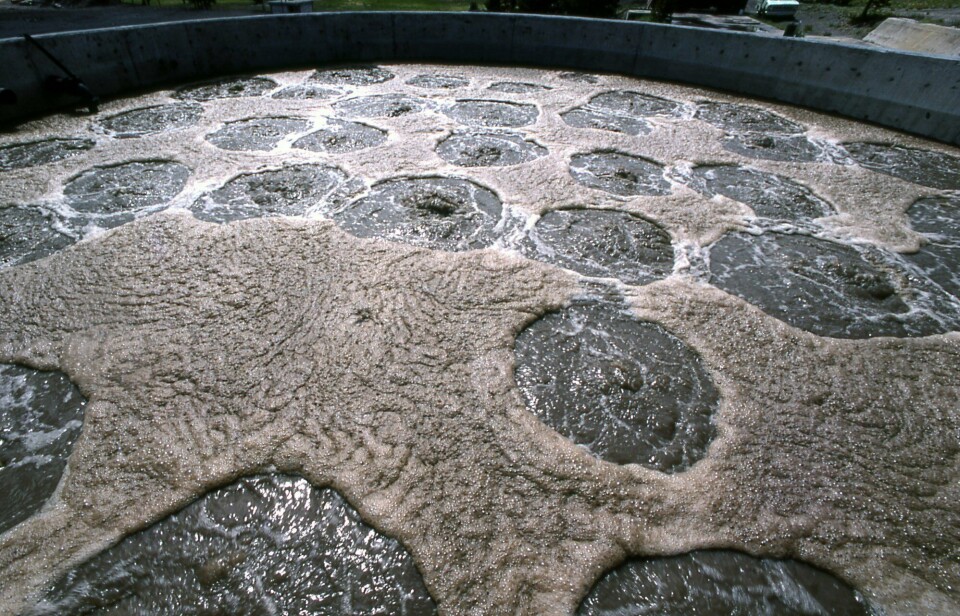
Flushed chemicals 'turning river fish transgender'
A fifth of male fish tested in English rivers are now ‘trans-gender’ or ‘intersex’, with both female and male characteristics, due to chemicals flushed from UK households, according to researchers.
Professor Charles Tyler, project leader of the research carried out at Exeter University, says that male fresh-water fish are displaying ‘feminised’ traits, demonstrating ‘female’ behaviour and even producing eggs.
The chemicals causing these effects are flushed down the toilet and include ingredients in the contraceptive pill, and by-products of cleaning agents, plastics, and cosmetics.
The study shows that some male fish have reduced sperm quality and display less aggressive and competitive behaviour, usually associated with attracting females of the species, which makes them less likely to breed successfully.
Professor Tyler points out that the offspring and grandchildren of transgendered fish can be more sensitised to the effects of those chemicals in subsequent exposures.
Wider health effects
The scientists say more than 200 chemicals from sewage plants have been identified with oestrogen-like effects. Some are not only creating ‘trans-gender’ fish but effecting fish physiology. Drugs such as anti-depressants are also altering fish’s natural behaviour.
“We are showing that some of these chemicals can have much wider health effects on fish that we expected. Using specially created transgenic fish that allow us to see responses to these chemicals in the bodies of fish in real time for example we have shown that oestrogens found in some plastics affect the valves in the heart," Professor Tyler said.
He added: “Other research has shown that many other chemicals that are discharged through sewage treatment works can affect fish including antidepressant drugs that reduce the natural shyness of some fish species, including the way they react to predators.”
The findings are being presented as part of Tyler’s lecture called the "Feminisation of Nature – an Unnatural History" at the 50th Anniversary Symposium of the Fisheries Society in the British Isles, held in Exeter University this week.























































